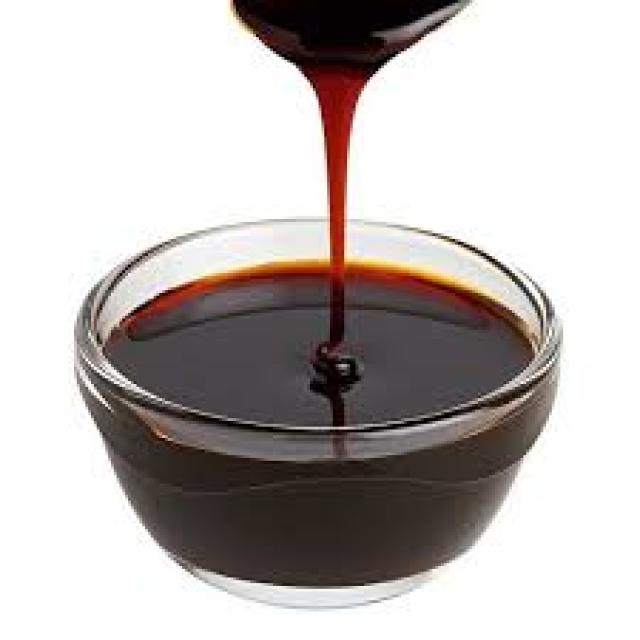Molasses is a viscous product resulting from refining sugarcane or sugar beets into sugar. Molasses varies by amount of sugar, method of extraction, and the age of the plant. Sugarcane molasses is primarily used for sweetening and flavoring foods in the United States, Canada, and elsewhere. Molasses is a defining component of fine commercial brown sugar. Molasses has a stronger flavor than most alternative syrups.
To make molasses, sugar cane is harvested and stripped of leaves. Its juice is extracted, usually by cutting, crushing, or mashing. The juice is boiled to concentrate it, promoting sugar crystallization.
Unlike highly refined sugars, molasses contains significant amounts of vitamin B6 and minerals, including calcium, magnesium, iron, and manganese; one tablespoon provides up to 20% of the recommended daily value of each of those nutrients.

